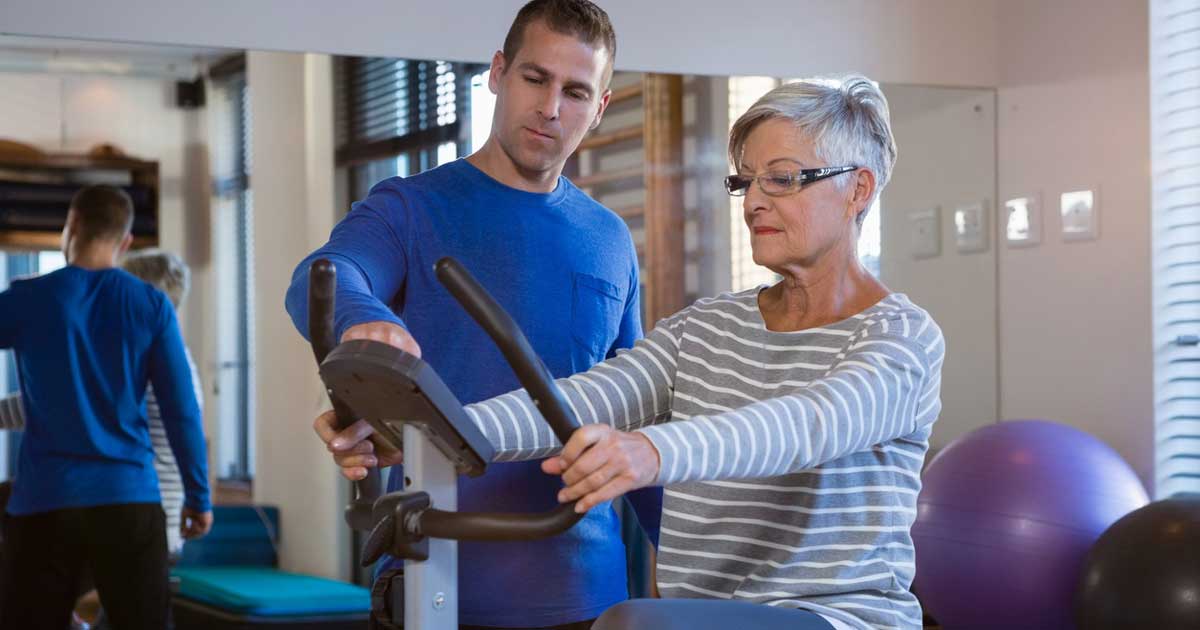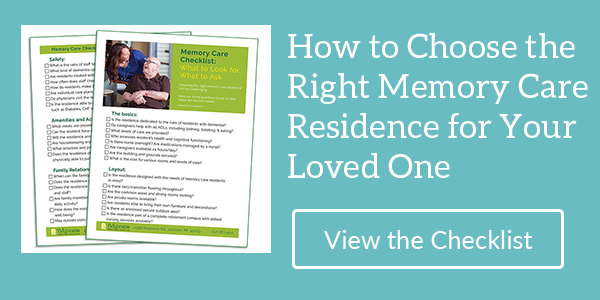When you suffer a debilitating injury or illness, rehabilitation is often the next step after acute care in a hospital or outpatient surgery. The purpose of inpatient rehab is to help the individual rebuild strength, regain function and develop an exercise regimen to continue improving even after they return home. To make the most of rehab, it’s a good idea to understand how it works and what you can expect so you can be prepared.
Inpatient Rehab
Expectations
Perhaps the most important thing to realize about rehab is the level of involvement that will be required of the patient. It will be much greater than what was required in the hospital during recovery. Patients go to rehab to get back in shape by adhering to therapies and other practices designed specifically for their condition. In general, rehab patients can expect to spend three or more hours a day, at least five days a week working toward their goals. The harder you work, the sooner you can resume your busy, active life.
Therapies
In rehab, a range of therapies are used by trained professionals to address different types of injuries and diseases, including:
Physical therapy (PT) — This is a broad term used for a variety of different activities patients can do to regain physical capabilities like balance, or their ability to walk or use an injured limb. For those who have lost a limb, PT can ease them into use of prosthetic devices or teach them how to use a walker or wheelchair. People suffering from neurological diseases can also benefit from routine exercises that help them become stronger and retain the balance, coordination and mobility that many diseases steal away over time. Patients who have suffered from cardiac diseases and conditions can also benefit greatly from PT.
Occupational therapy (OT) — OT also includes a range of different activities to help people become self-sustaining again. For example, someone who is recovering from a closed head injury can relearn how to dress, take a shower, use the phone, etc., while another with Parkinson’s disease can learn to retain these basic life skills longer.
Speech therapy — People who have had strokes, brain injuries and certain other conditions that render them unable to speak, write or understand others need speech therapy to help relearn these functions. This can be combined with physical and occupational therapies to help patients regain abilities and recover from their illness or injury.
At Countryside, our patients can also benefit from sophisticated equipment and therapeutic programs that augment the above therapies. These include:
- The AlterG Anti-Gravity Treadmill, with “precision unweighting technology” that both supports natural movement and protects the patients from falls after stroke or orthopedic surgery. This equipment also provides “real-time gait analytics and video feedback.”
- Electrotherapy, neuromuscular stimulation, diathermy and ultrasound modalities that use electrical, radio or sound waves to stimulate muscles and treat a range of conditions and injuries like chronic arthritis, back pain, neuralgia and neuropathy, tendonitis, chronic sinusitis, chronic obstructive pulmonary disease, and many others.
- LSVT BIG and LOUD Treatments*, provided by certified therapists, are specifically designed for patients with Parkinson’s disease or other neurological conditions. LSVT LOUD addresses the speech problems associated with the disease. LSVT BIG helps patients learn to move more naturally and to accomplish small motor skills activities, like buttoning a shirt, and large motor skills activities, like getting up from a seat.
Your doctor and therapist(s) will decide the best therapies and treatments, and monitor your progress closely until you are back on your feet and able to leave.
Practical Considerations
When you’re headed to rehab, you will want to pack clothes appropriate for your physical circumstances (e.g., shorts for a leg injury) and therapies. For most, that means loose and comfy clothes and sturdy, soft soled, non-slip shoes. Don’t forget pajamas, a robe, and slippers with traction. Put name tags on everything you bring.
Also pack a full list of all your medications and personal care products that you prefer, like comb and brush, toothbrush/toothpaste, makeup, dentures/adhesive, and orthotics you have been prescribed. For off-hours entertainment, you may want to bring a laptop or tablet, an e-reader or a book. It’s nice to take time off and enjoy a good book or answer your email.
There are also a few things you should leave at home and they include your medications, scented lotions or perfumes, large amounts of cash, jewelry and other valuables, and any smoking materials (since health care campuses are almost exclusively non-smoking).
When you go to rehab, remember that you will only get out of it what you put in, so if you go in with a positive attitude, you might even exceed your own expectations.
*Named for Mrs. Lee Silverman (Lee Silverman Voice Treatment), a woman living with PD, LSVT was developed by Dr. Lorraine Ramig and has been scientifically studied for over 25 years with support from the National Institute for Deafness and other Communication Disorders within the National Institutes of Health (NIH) and other funding organizations.
For information about Countryside, call Margaret Nagel at (517) 206-5000 or download our brochure to learn about our care levels, cost, and amenities.


